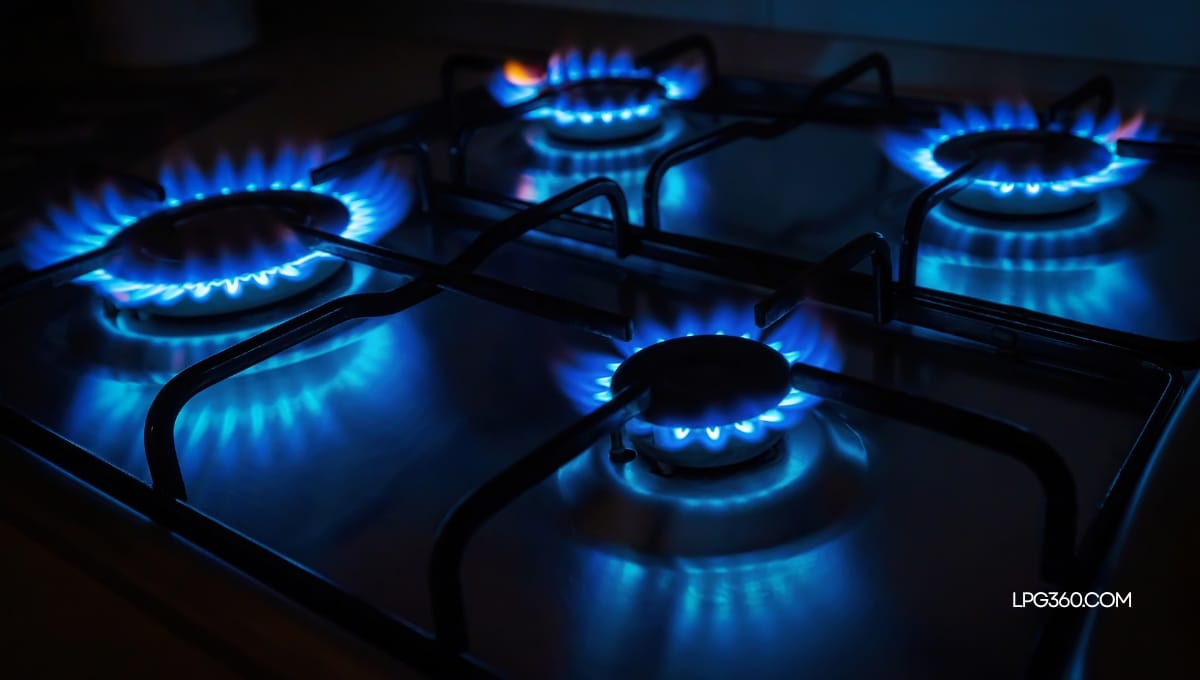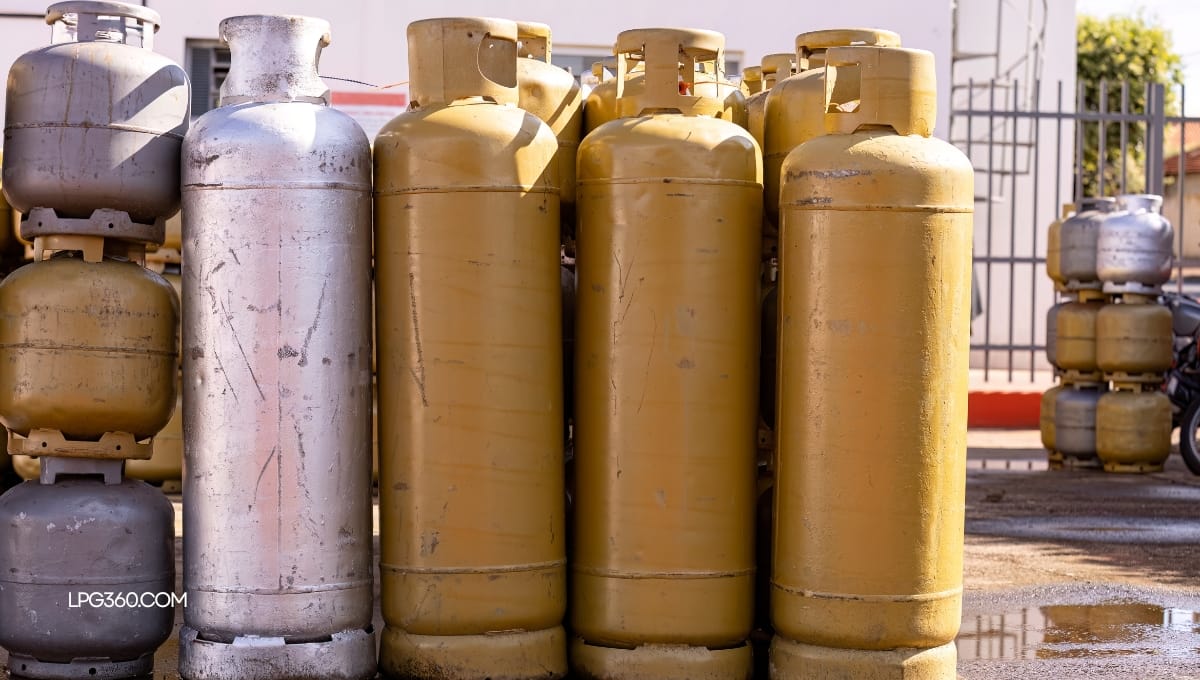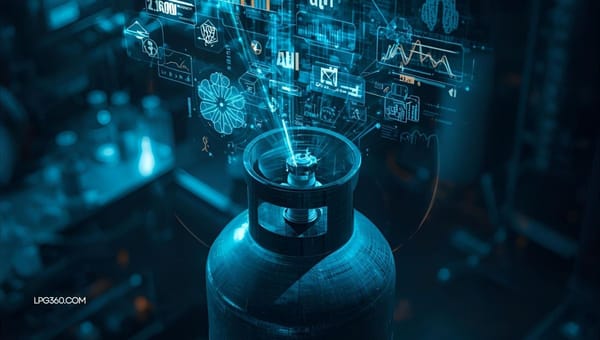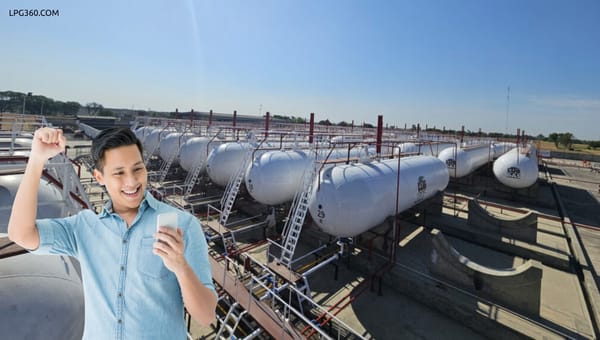How LPG Can Help Reduce Energy Costs

The Smart Energy Choice for Savings
In today's economy, managing household and business expenses is crucial, and energy costs often form a significant portion of these outlays. Liquefied Petroleum Gas (LPG) emerges as a versatile and often more economical energy alternative compared to traditional options. This blog delves into the various ways LPG can contribute to substantial reductions in energy expenditure.
Lower Fuel Costs Compared to Alternatives
One of the primary ways LPG helps reduce energy costs is through its competitive pricing compared to other fuels like electricity, heating oil, and even natural gas in certain regions. The cost per unit of energy derived from LPG can be significantly lower, translating directly into savings for consumers and businesses, especially during peak demand seasons when electricity prices tend to surge.
Efficient Heating and Appliance Performance
LPG-powered appliances, such as water heaters, furnaces, and cooking ranges, are renowned for their efficiency. They often provide faster heating and more precise temperature control, leading to less energy wastage. Modern LPG appliances are designed with energy-saving features, further contributing to lower utility bills over their lifespan.
Reduced Infrastructure and Connection Charges
In areas not connected to natural gas pipelines, LPG offers a significant advantage. Unlike the often substantial costs associated with extending gas lines, LPG can be easily stored in tanks on-site. This eliminates or significantly reduces connection charges and infrastructure development fees, making it a cost-effective solution for many properties.
Lower Maintenance and Longer Appliance Lifespan
LPG appliances are generally known for their durability and require less frequent maintenance compared to some other fuel-based systems. This translates to lower repair costs and a longer lifespan for the appliances, contributing to overall cost savings in the long run.
Government Incentives and Rebates
In various regions, governments are promoting the use of cleaner fuels like LPG through incentives and rebates. These financial benefits can further reduce the initial investment costs associated with switching to LPG-powered systems, making it an even more attractive and economical option.
Environmental and Economic Value
Beyond financial benefits, LPG contributes to environmental sustainability by producing fewer emissions. Its cleaner combustion supports eco-conscious consumers and businesses looking to reduce their carbon footprint while saving money.

Conclusion:
LPG offers a compelling solution for reducing energy costs across residential, commercial, and industrial applications. Its competitive fuel prices, efficient appliance performance, lower infrastructure costs, reduced maintenance, and potential government incentives make it a smart and economical energy choice for a sustainable future. By making the switch to LPG, consumers and businesses can achieve significant savings while also contributing to a cleaner energy landscape.
#LPG #LPG360 #EnergySavings #ReduceEnergyCosts #AffordableEnergy #FuelEfficiency #HeatingCosts #CookingFuel #WaterHeating #EnergyManagement #SustainableEnergy #CostEffectiveFuel #AlternativeEnergy #SmartEnergyChoice #LowerUtilityBills #LPGBenefits #EnergyIndependence #CleanBurningFuel #HomeEnergySavings #BusinessEnergySolutions #LPGPower #LPGSavings #EnergyEfficiency #LowerEnergyBills #CostEffectiveFuel







